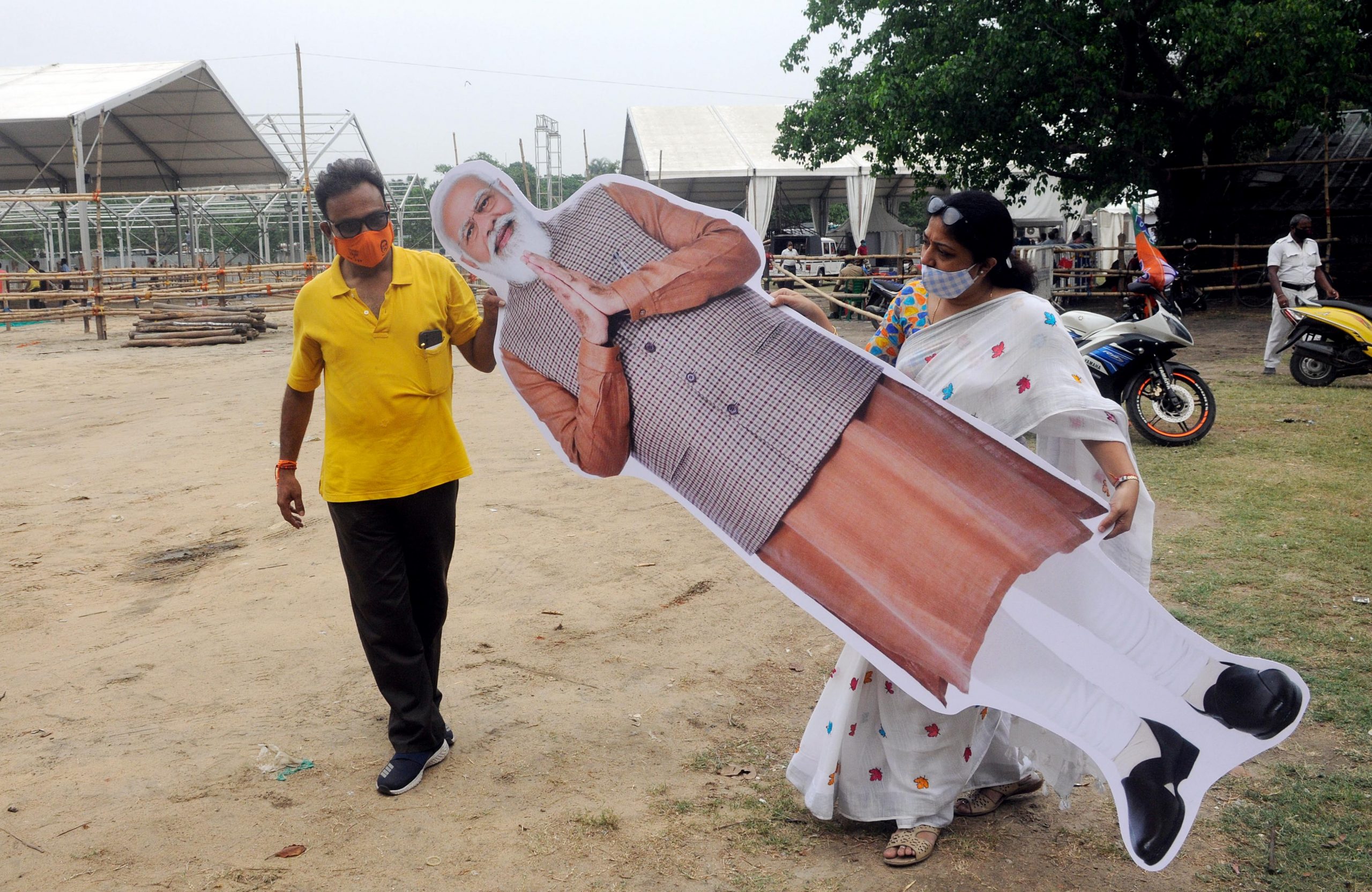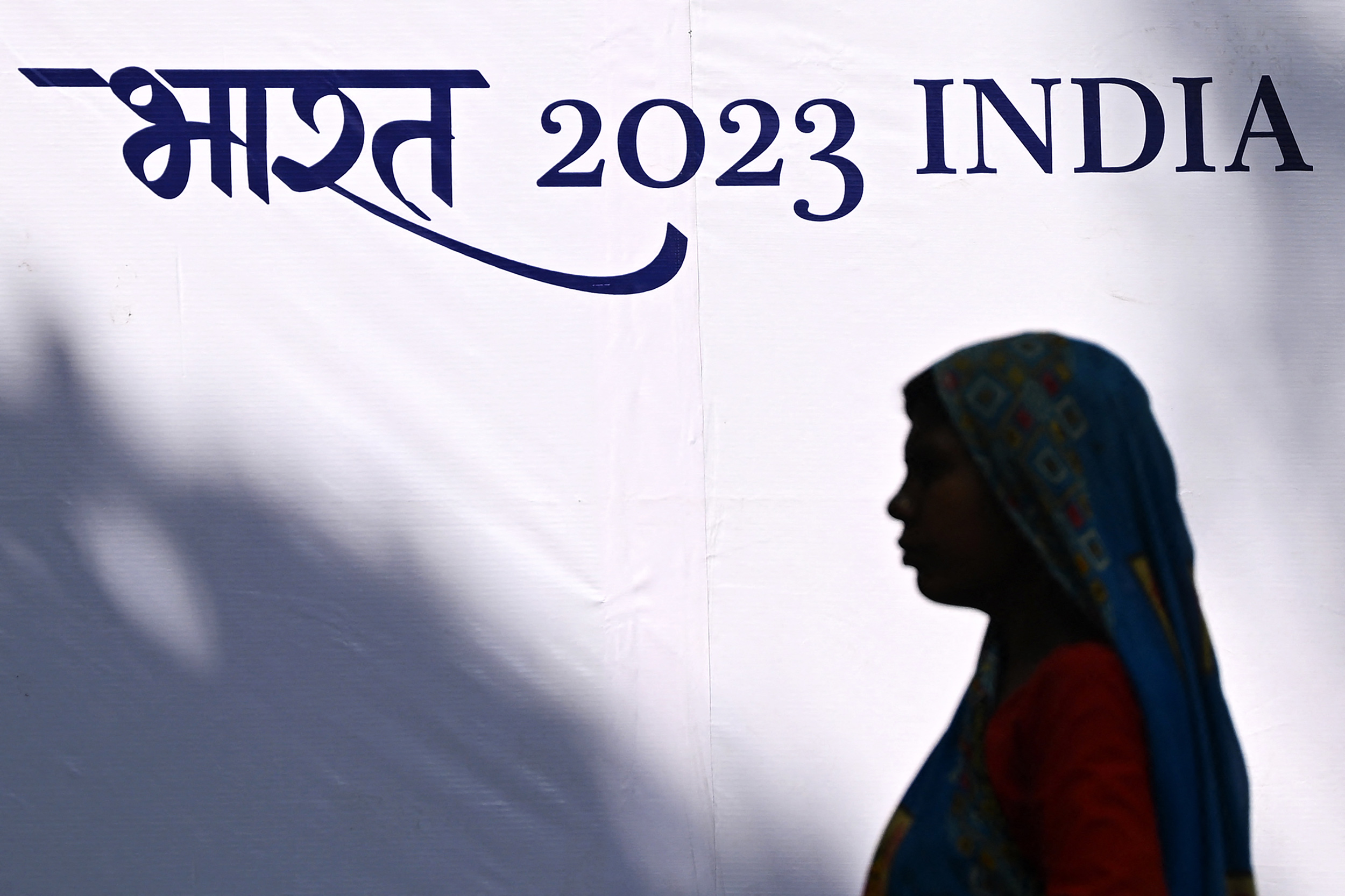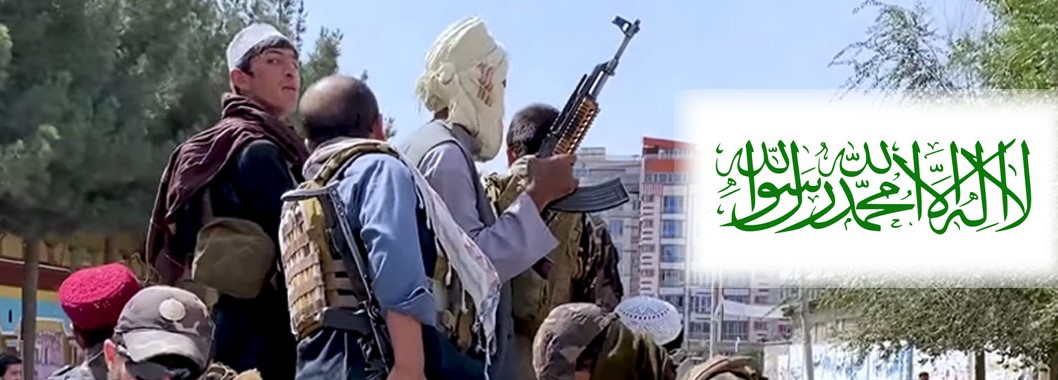Views and opinions from the top commentators in Indian media
“Truly, it is incomprehensible why India shut its embassy in Kabul. A great opportunity was at hand to plough a new Afghan policy independent of American tutelage. The only plausible explanation for such unseemly hurry to retrench could be that the government takes a zero-sum view that if Pakistan has a sense of triumphalism, then India must be the “loser”. But we were never really such one-dimensional people previously. We had a profound understanding of the Afghan nation’s ethos, traditions and culture and their enduring affection toward India.
Then Prime Minister Narasimha Rao didn’t have an iota of doubt that India shouldn’t lose time to launch a conversation with the Mujahideen groups (“Peshawar Seven”) notwithstanding their close association with Pakistan. Suffice to say, the Indian narrative is deeply flawed. We are riveted on archaic notions of “strategic depth” and regard the Taliban as a plaything of the Pakistani establishment.”
— M K Bhadrakumar, The Indian Express
“As India closed its mission in Kabul and evacuated personnel, a strong sense that we have embarked on another cycle of repetitive events is inescapable. That we have faced a setback is obvious. Yet it is also useful to remind ourselves that the origin of this setback was not in an Indo-Afghan cycle but rather lay collectively in an internal Afghan dynamic, a Pakistan-Afghanistan dynamic and finally a larger international dynamic.
In brief there is little that India could have done to prevent the chain of events that saw the rapid dismantling of a two-decade-old architecture so favorable to us. But just as external events had catapulted us back into Afghanistan post 9/11, it is a similar external impulse that has now led to our exit.
— TCA Raghavan, The Times of India
“The Taliban’s rout is likely to cause a significant shift in the geopolitics of South Asia, and it could be particularly testing for India, given the country’s historically tense relations and border disputes with Pakistan and China – both are expected to play a crucial role in Afghanistan’s future.
Pakistan shares a porous border with Afghanistan and has long been an active player in its northern neighbor’s affairs. Now China is showing an interest in playing a bigger role in Afghanistan. Foreign minister Wang Yi’s meeting with senior Taliban leaders last month shows Beijing doesn’t want to be a silent player anymore.
This potential geopolitical realignment could “change things upside down”, said Gautam Mukhopadhaya, India’s former ambassador to Afghanistan and Syria.
Afghanistan was a loose alliance between the democratic government in Kabul, the West and other democracies like India. But the world is likely to see Pakistan, Russia, Iran and China coming together to play the next chapter of the Great Game.
— Vikas Pandey, BBC News
“(Imran) Khan’s bid to project the Taliban as a personification of Afghan nationalism is understandable, and this is also how China would like it to be. What will be tested in the coming months is the extent to which groups in close ideological proximity to the Taliban factions visualize the future direction of Islamic reorientation. More important, will the Taliban 2.0 overcome their earlier urge to be a global nursery for jihadis all over the world?
This has a deep bearing on India’s national security since in the coming months there will be a concerted bid by sections of the Pakistani State apparatus to transform conflicts in the Kashmir Valley into an Islamist cause célèbre, on a par with Palestine. On its part, China is certain to use its new-found status as a Taliban-friendly world power to either encourage pressing the accelerator on Kashmir or demanding a price for applying the brakes.
For India, the Taliban victory in Afghanistan has brought new foreign policy and security challenges. At present, New Delhi’s old Northern Alliance friends are in disarray but they are certain to regroup and create enclaves of resistance to the Taliban. The choices are clear but difficult: unfriendly indifference or surreptitious encouragement of forces that will not be reconciled to a Taliban-controlled Afghanistan.
— Swapan Dasgupta, The Telegraph
Every week, we look at what the top commentators in the Indian media are talking about and bring to you a slice of their opinions and comments


























